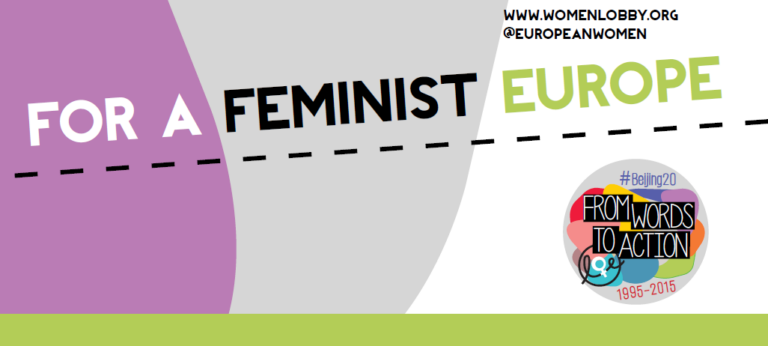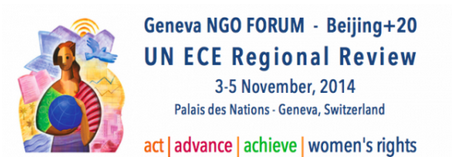[Geneva, 8 March 2011] On this day, I salute the women of the Middle East and North Africa, along with women all over the world who are taking great risks to stand up and fight for dignity, justice and human rights for themselves and for their compatriots. In Egypt and Tunisia, women were on Twitter, on Facebook, and on the streets. Women from all walks of life were marching alongside men, pushing boundaries and breaking gender stereotypes, just as eager for change, for human rights and for democracy.
The work, however, is far from over. In these moments of historic transition in Egypt and Tunisia, it is important to ensure that women’s rights are not set aside as something to be dealt with after the ‘crucial’ reforms are won. Women’s rights should be at the top of the list of new priorities. While women have played an important role in the call for change, concerns have already been raised that constitutional reviews and the development of reforms are undertaken without their full participation. In fact, there are worrying signs about the content of some proposed reforms in Egypt being downright discriminatory. The women and men in the Middle East and North Africa must ensure this is not the case.
Education benefited women in Tunisia and Egypt, enhancing their human rights, including their participation in the political and economic life of their countries. Yet, like other members of society, women suffered the impact of repression, corruption and lack of social justice. Many women in Tunisia and Egypt endured torture, were arbitrary detained, and silenced. Their privacy was invaded and their family life violated. They were the first to suffer from job cuts and continue to constitute the highest number of unemployed. Salary discrepancies between men and women in the private sector have been striking. Representation in public life remained limited. In addition, discriminatory laws and policies based on gender stereotypes continued to negatively impact their work.
Women in the Middle East and North Africa today expect their state to work for the benefit of all – not only a few. They expect it to uphold their dignity and worth, and to adopt laws, policies, and strategies that translate these words into tangible results. They expect transparent and inclusive processes that allow their voices to be heard and their views to be taken seriously. They expect public and inclusive debates and a responsible and accountable government that delivers on human rights and social justice. In other words, participation, accountability and justice, and equity are their non-negotiable demands.
All over the world, major disparities remain between female and male access to education, employment and salaries. While women are the world’s main food producers and their working hours are longer than those of men, women earn only 10 percent of the world’s income and own less than one percent of property worldwide. Women comprise nearly two-thirds of the world’s 759 million illiterate adults. Even in regions with high rates of female literacy, women’s wages continue to be lower than those of men, even for work of equal value. While equal access to education is a key factor to enhance women’s empowerment and gender equality in employment, it is clearly not enough unless de facto and de jure discrimination are addressed at a broader level.
Only when women participate fully in policy-making and institution-building will their perspective be truly integrated. The concept of democracy is only truly realised when political decision-making is shared by women and men, and women’s full participation in institutional re-building is guaranteed.
Societies in which women are excluded, formally or informally, from public life, cannot be described as truly democratic, as the Committee on the Elimination of Discrimination Against Women has warned time and again. Women must be able to shape the future of their countries by being involved in institutional reforms from the beginning. Women’s full participation is essential not only for their empowerment, but for the advancement of society as a whole.
The euphoria in Egypt and in Tunisia was shared by men and women around the world. These are historic events, and hopefully the heralds of great and lasting change. Let us now work together to ensure that the momentum does not fade away with the euphoria.
Let us ensure that women’s rights are at the foundation of these new beginnings, and let us be vigilant against any retrogression.
Let us also today stand in solidarity with women in every corner of the world who are working for positive change in their families, their communities and in their countries.


